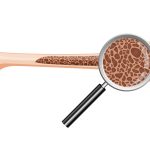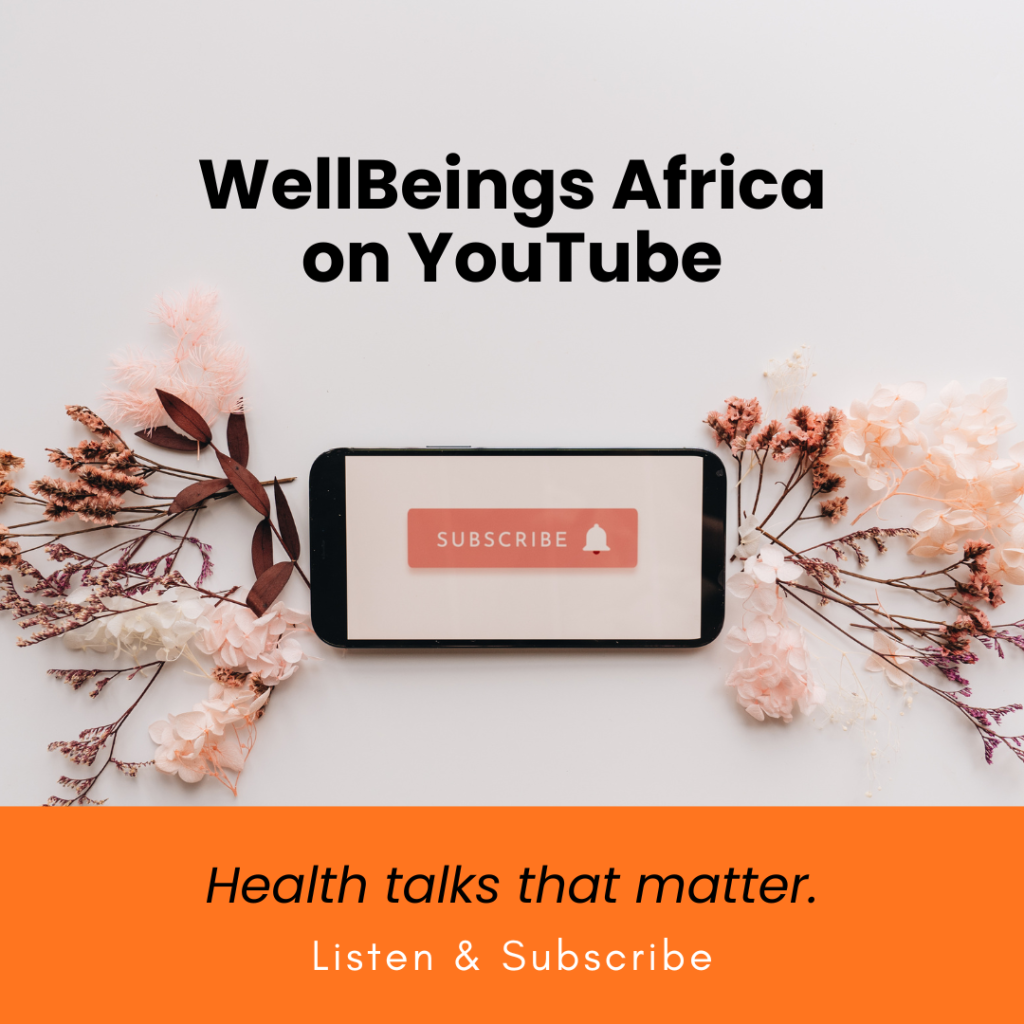Don’t ignore your hormonal health!
On a day-to-day basis, we probably don’t give much consideration to our hormones and how they affect our wellbeing. Let’s delve into the basics of hormone health and how we can take better care of our health from the inside out.
Quick Read:
- Hormones have an impact on everything from your energy levels to your reproductive health.
- Constant tiredness, mood swings, and irregular periods are common signs of unbalanced hormones.
- There are natural ways to take care of hormonal balance without necessarily relying on medications.
What do hormones do?
Oestrogen, progesterone, and cortisol are hormones that many of us are familiar with. In women, oestrogen and progesterone are important players in the menstrual cycle, while cortisol has a hand in how you respond to stress. Like most processes in the body, when these hormones slip out of balance, its effects can be felt on your health. You may find yourself tired all the time, feeling lethargic; it may be difficult to get restful sleep, or you notice sudden weight changes.
Your long-term health is also at risk when your hormones are thrown off balance, as it influences heart function, cognitive function, and bone density.
Causes of hormonal imbalances include:
- Being in a state of consistent stress means increased levels of cortisol. This can, in turn, suppress the other hormones (oestrogen and progesterone), leading to hormonal imbalances.
- How healthy is your diet? Are you getting enough vitamins and minerals in the way of fresh and whole foods? If not, your hormones will show the signs of poor nutrition.
- Then, there’s lack of sleep. Sleep is important as it regulates stress and hunger hormones. Too little quality sleep can disrupt this balance.
- Another cause of hormonal imbalance is exposure to endocrine disruptors from plastics, cosmetics, and processed foods which can interfere with hormone function.

A balancing act: tips for better hormone health
So, now we understand a bit more about why it’s necessary to pay attention to your hormone health. Let’s explore a few remedies.
Natural or herbal remedies typically come from plants, herbs, and other organic sources. Many of these remedies, such as turmeric, flaxseed, and evening primrose oil, have been used for centuries and have some scientific backing for their health benefits.
Still, please remember that “natural” can sometimes give a false sense of security. Not all natural substances are safe, and some can cause harmful effects, especially when mixed with other medications.
Your diet is a vital layer to getting your hormones in check. What you eat plays a big role in regulating your hormones. To up the nutrient factor in your daily diet, make more meals that include fatty fish, flaxseeds, avocados, and nuts. Don’t forget plenty of fibre-rich vegetables and wholegrains.
In Africa, we are fortunate to have access to many herbs and supplements that show good benefits for hormonal health. But, please always get an expert opinion before trying new herbs, and if you have negative side-effects, stop using them immediately.
- Ashwagandha: Helps manage stress by balancing cortisol levels.
- Chasteberry (Vitex): Often used to regulate menstrual cycles and lower severe PMS symptoms.
- Maca root: May help support libido and energy levels.
By the way, your gut plays a surprising role in hormone regulation. Probiotics, found in fermented foods like yoghurt and kefir, can improve gut health and, in turn, support hormone balance.
We all need quality sleep to maintain healthy hormones. Try to go to sleep each night at the same time and aim for at least eight hours of rest a night. While you’re at it, take some time to consider stress management. It’s worth the time investment to find techniques that help you kick stress to the curb to help restore hormonal balance.
Help at hand
Before you try any new supplements and remedies, please always get medical advice from a doctor. This is particularly important if you are on other medications, such as for diabetes, or another chronic health condition. Be careful with dosages as some supplements can cause digestive problems and discomfort, especially if you take too much.
Images: Freepik





















